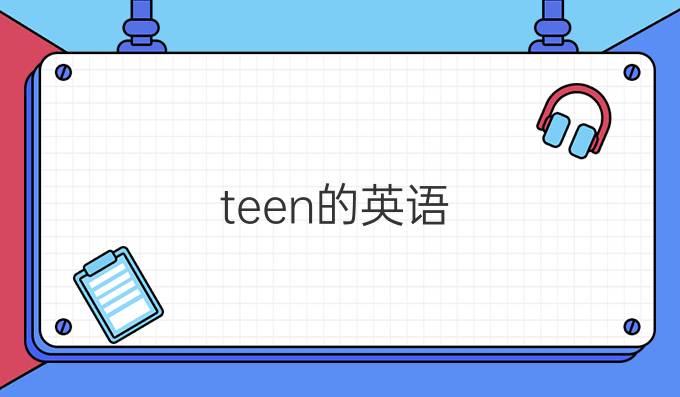KET 在線
模擬測(cè)試
小程序在線模擬測(cè)試

PET 真實(shí)
考場(chǎng)模擬
OPFUN Talk萌課堂,專注青少在線語言啟蒙!——寰宇咨詢中心資訊網(wǎng)
![]() 上海
上海
![]() 18761612306
18761612306

Teenagers are a unique group in society, facing their own set of challenges and experiences. In this article, we will explore the world of teen English, examining the language and culture that surrounds this group. From social media slang to academic vocabulary, we will delve into the nuances of teen English and how it reflects the broader teenage experience.
Social media has played a major role in shaping modern teen English, with platforms like Twitter and Instagram introducing new words and phrases into the lexicon. From “bae” to “l(fā)it,” social media slang has become an integral part of teen communication. However, this slang often has a short lifespan, with words quickly falling out of fashion as new ones emerge. While some may see this as a negative aspect of teen English, it reflects the dynamic and evolving nature of language and culture.
Moreover, social media has also brought diversity and inclusivity to teen English, with marginalized communities using slang and terminology to reclaim language and assert their identities. For example, Black English Vernacular has become a prominent feature of social media slang, with words like “fam” and “squad” being used as terms of endearment and solidarity.
While social media slang may dominate teen English, academic vocabulary is also an important aspect of teenage communication. As teenagers progress through high school and into college, they are expected to use more complex vocabulary and specialized terminology. This can be a challenging transition, as many teenagers may struggle to adapt to the academic language used in textbooks and lectures.
However, mastering academic vocabulary is essential for success in higher education and beyond. It allows teenagers to express themselves with clarity and precision, and to engage with complex ideas and arguments. Moreover, academic vocabulary also reflects the intellectual curiosity and critical thinking skills that are valued in academic and professional settings.
Pop culture has long been a major influence on teen language, with music, movies, and TV shows introducing new words and phrases into the lexicon. From “groovy” in the 60s to “yolo” in the 2010s, pop culture has always had a significant impact on how teenagers talk. However, the influence of pop culture on teen English can be both positive and negative.
On one hand, pop culture can be a source of inspiration and creativity, allowing teenagers to express themselves in unique and innovative ways. For example, rap music has introduced a wealth of new words and phrases into the lexicon, and has helped to elevate the status of African American Vernacular English. On the other hand, pop culture can also be a source of negative stereotypes and harmful language, perpetuating harmful ideas about race, gender, and sexuality.
As we look to the future, it is clear that teen English will continue to evolve and adapt to new social, cultural, and technological changes. Social media will likely continue to play a major role in shaping the language of teenagers, with new slang and terminology emerging on a regular basis. However, academic vocabulary and pop culture will also remain important influences on teen English, reflecting the diverse and multifaceted nature of the teenage experience.

網(wǎng)站導(dǎo)航
熱點(diǎn)關(guān)注
